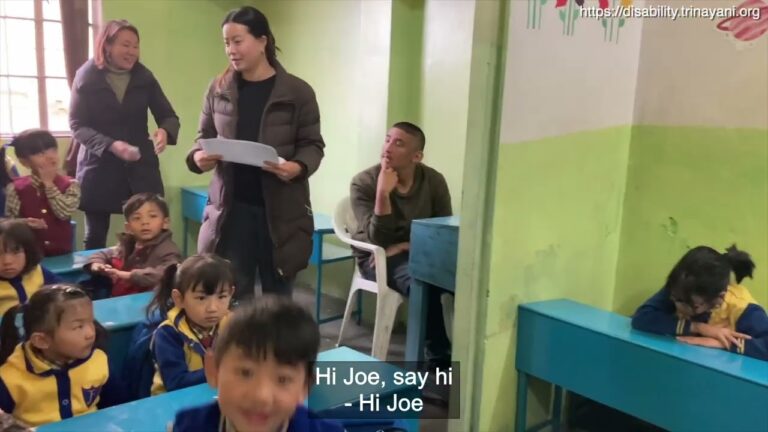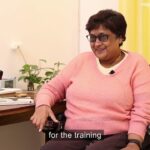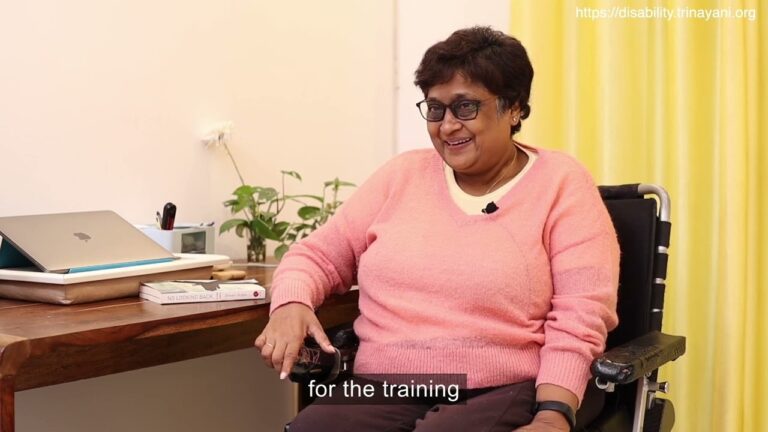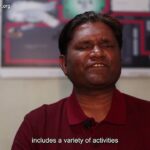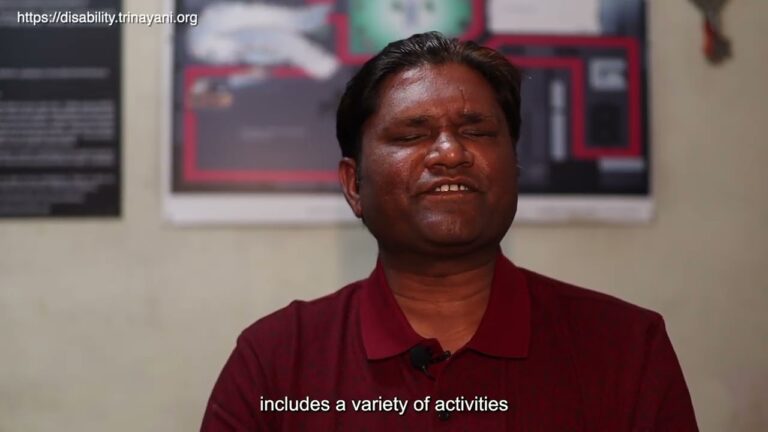Thilakam Rajendran – NEDAR Foundation
This film follows Thilakam Rajendran, a special educator and along with Mr. Rajendran, the co-founder of NEDAR Foundation, as she reflects on disability and self-employment. The film captures how people with disabilities are now breaking stereotypes, building enterprises, and making customers notice their products, not their conditions.
From homemade candles to certified entrepreneurs, from sheltered workshops to virtual incubators, NEDAR Foundation follows a movement that’s creating real jobs, real income, and real identities.
Watch this film to see how self-employment isn’t a fallback, it’s a fearless choice.
You can navigate to the specific topics using the following chapters:
00:00 – Ritika Sahni’s introduction to the film
00:18 – Thilakam Rajendran on entrepreneurs with disabilities
04:36 – How does the NEDAR Foundation support skill development for people with disabilities?
Dive Deeper: More on Disability
Learn about the most common inquiries surrounding disability, education, legislation, accessibility, employment and other sectors related to disability.




